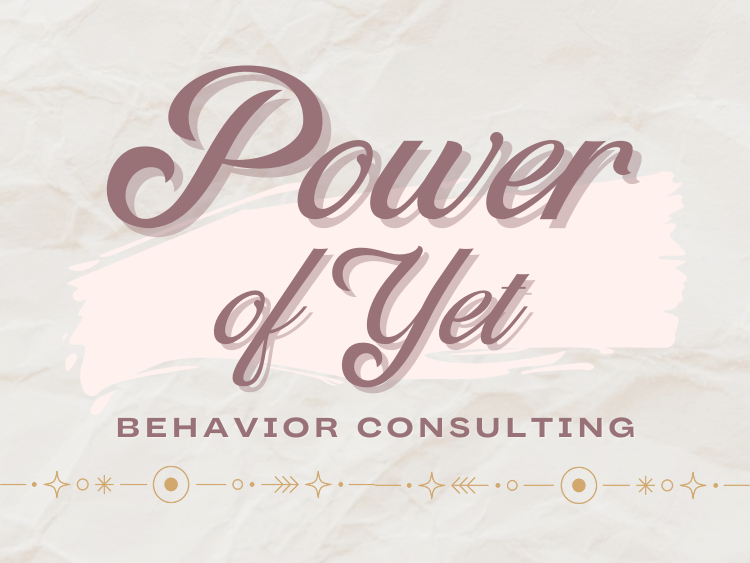Full disclosure: Writing in the third person doesn’t come naturally to me, so this blog post will feature plenty of ‘I’ statements. Hope you don’t mind!
I once had a doctor in Tennessee—my ninth or tenth pediatrician, I honestly can’t recall—who described me as “a very complex individual.” At the time, he was likely referring to my diagnoses: ADHD, OCD, social anxiety, and the general turbulence of adolescence. But in hindsight, I realize he was touching on something deeper, something even he didn’t fully grasp.
Throughout my life, doctors’ words have carried significant weight. I vividly remember being diagnosed at seven—well, seven and a half, to be precise. That doctor handed my parents a list of things I supposedly wouldn’t be able to do. While perhaps shorter than some, to my young mind, it became a defining script, one that influenced my thoughts for the next 33 years.
I’m sure he didn’t intend any harm; perhaps he’s even a kind person. But the impact of his words lingered, shaping my self-perception in ways he couldn’t have anticipated.
The List:
- Drive a Car
- Graduate College
- Get married
At 33, I can confidently say I’ve conquered that daunting list. I drive wherever I please and haven’t received a ticket in over three years (knock on wood). I’ve earned both a bachelor’s and a master’s degree, and in April 2024, I married my husband.
You might think that overcoming these challenges would bring immense relief—but it wasn’t that simple. The satisfaction of “beating the odds” was accompanied by the resurfacing of 25 years’ worth of suppressed feelings—guilt, shame, and a deep-seated belief that my neurodivergence was something to hide.
It’s astonishing how a single, fleeting comment from a doctor, overheard by a child, can have such a profound impact. That early labeling can significantly affect a child’s self-esteem and social interactions, leading to long-term psychological effects .
I would love to share more on these topics (i.e. neurodivergent marriage, growing up neurodivergent, guilt/shame cycle of neurodivergence, etc) in separate posts! Drop a comment below if you’re interested!
All this to say: Be mindful of what you say in front of neurodivergent individuals. Words carry weight, and the remarks of others can have lasting impacts. I’m fortunate to have had an incredible support system and access to resources that have helped me reach where I am today. I also recognize and value my own unwavering commitment to growth and self-acceptance. Through Power of Yet, my hope is to assist others in achieving that same sense of self-acceptance.
Emily
